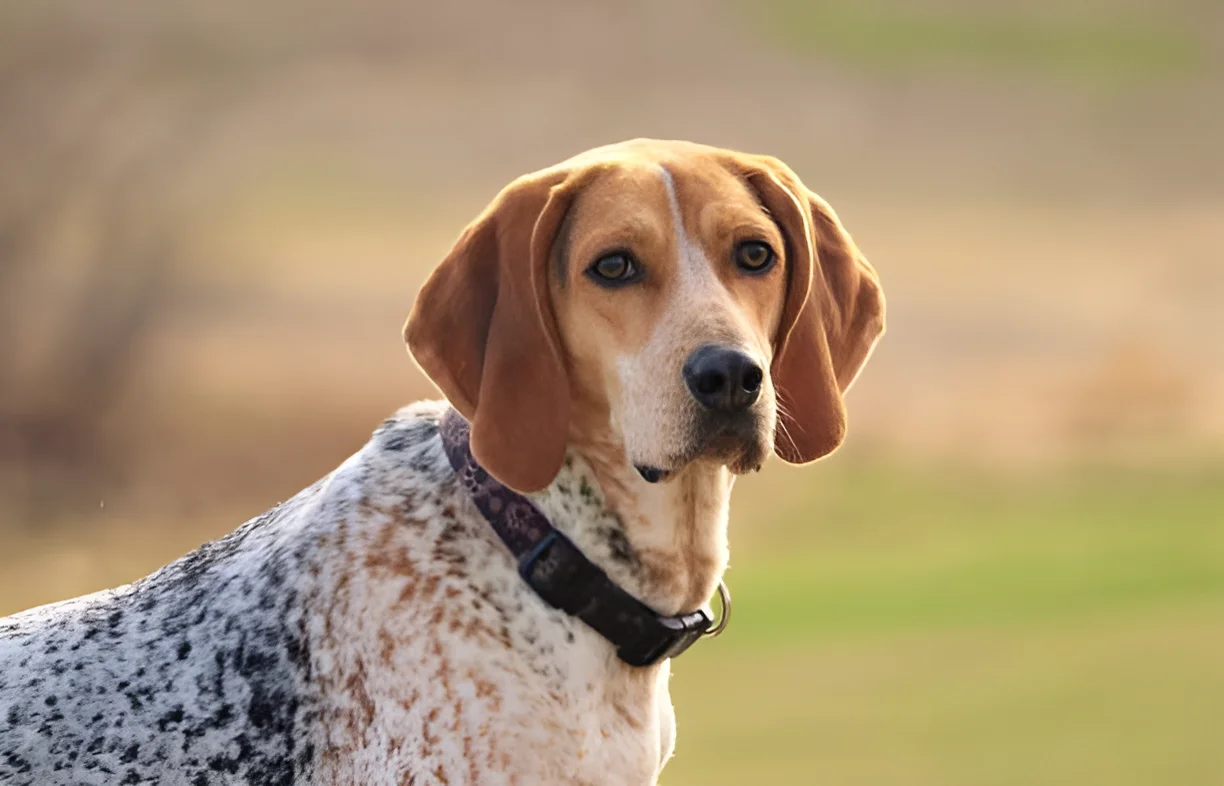Yes, Coonhounds do calm down as they mature, typically around 2-3 years of age, but they require consistent exercise and mental stimulation to maintain a balanced temperament. Understanding their energy levels and needs can help manage their behavior effectively.
Coonhounds are known for their high energy, keen sense of smell, and strong hunting instincts. While these traits make them excellent hunting companions, they can also lead to a lively and sometimes challenging household pet. This comprehensive guide explores whether Coonhounds calm down as they age, the factors influencing their behavior, and strategies to manage their energy levels.
Understanding Coonhound Breeds
Overview of Coonhound Breeds
Coonhounds are a group of breeds developed in the United States for hunting raccoons and other game. The main breeds include:
- American English Coonhound: Known for their speed and endurance, these dogs are friendly and sociable but require plenty of exercise.
- Redbone Coonhound: Recognized for their striking red coats, Redbones are affectionate and good with families but have a strong prey drive.
- Bluetick Coonhound: These dogs are known for their distinctive blue-ticked coats and are excellent trackers with a friendly disposition.
- Treeing Walker Coonhound: Agile and energetic, Treeing Walkers are known for their ability to tree game and their friendly nature.
- Black and Tan Coonhound: With their distinctive black and tan coloring, these dogs are loyal and good-natured but require regular exercise.
- Plott Hound: The state dog of North Carolina, Plott Hounds are known for their bravery and tenacity in hunting.
Energy Levels and Behavior
High Energy and Exercise Needs
Coonhounds are high-energy dogs that require significant physical activity to stay healthy and happy.
- Daily Exercise: These dogs need at least an hour of vigorous exercise each day, including walks, runs, and playtime.
- Mental Stimulation: In addition to physical exercise, Coonhounds need mental stimulation to prevent boredom and destructive behavior. Puzzle toys, training sessions, and scent games are excellent ways to engage their minds.
Maturity and Calming Down
Coonhounds typically begin to calm down as they reach adulthood, around 2-3 years of age.
- Puppyhood: During their first year, Coonhounds are highly energetic and curious, often getting into mischief as they explore their environment.
- Adolescence: Between 1-2 years, they may still exhibit high energy levels but start to show signs of settling down as they mature.
- Adulthood: By 2-3 years, most Coonhounds will have calmed down significantly, though they will still require regular exercise and mental stimulation.
Managing Coonhound Behavior
Training and Socialization
Proper training and socialization are crucial for managing a Coonhound’s behavior.
- Early Socialization: Expose your Coonhound to various people, animals, and environments from a young age to build their confidence and reduce anxiety.
- Obedience Training: Teach basic commands such as sit, stay, come, and heel. Consistent training helps establish boundaries and ensures your dog understands what is expected of them.
- Positive Reinforcement: Use positive reinforcement techniques, such as treats and praise, to reward good behavior and encourage your dog to repeat it.
Creating a Routine
Establishing a consistent routine can help manage your Coonhound’s energy levels and behavior.
- Regular Exercise: Schedule regular exercise sessions to burn off excess energy and keep your dog physically fit.
- Feeding Schedule: Maintain a consistent feeding schedule to regulate your dog’s energy levels and prevent overeating.
- Rest and Relaxation: Ensure your Coonhound has a comfortable place to rest and relax after exercise. Providing a quiet, cozy space can help them unwind.
Health Considerations
Common Health Issues
Coonhounds are generally healthy dogs, but they are prone to certain health issues that can affect their behavior and energy levels.
- Hip Dysplasia: This genetic condition affects the hip joints and can cause pain and mobility issues.
- Ear Infections: Due to their long, floppy ears, Coonhounds are susceptible to ear infections. Regular cleaning and monitoring are essential.
- Bloat: Also known as gastric torsion, bloat is a life-threatening condition that affects deep-chested breeds like Coonhounds.
Regular Veterinary Care
Regular veterinary care is essential to ensure your Coonhound remains healthy and fit.
- Health Screenings: Regular health screenings can help detect and manage health issues early.
- Preventative Care: Ensure your dog is up-to-date on vaccinations and preventative care to maintain their overall health.
Conclusion
In conclusion, Coonhounds do calm down as they mature, typically around 2-3 years of age, but they require consistent exercise and mental stimulation to maintain a balanced temperament. Understanding their energy levels and needs can help manage their behavior effectively. With proper training, socialization, and care, Coonhounds can be loving and well-behaved companions.
The photo featured below the post headline is Credit: Heather Barrett/istockphoto
I hope you find this post helpful and informative. If Yes’ feel free to share it with your friends!
Frequently Asked Questions
At what age do Coonhounds typically calm down?
Coonhounds usually begin to calm down around 2-3 years of age.
How much exercise does a Coonhound need?
Coonhounds require at least an hour of vigorous exercise each day, along with mental stimulation to prevent boredom.
What are common health issues in Coonhounds?
Common health issues include hip dysplasia, ear infections, and bloat.
How can I manage my Coonhound’s energy levels?
Regular exercise, mental stimulation, consistent training, and a structured routine can help manage your Coonhound’s energy levels.
Are Coonhounds good family pets?
Yes, with proper training and socialization, Coonhounds can be affectionate and loyal family pets.

